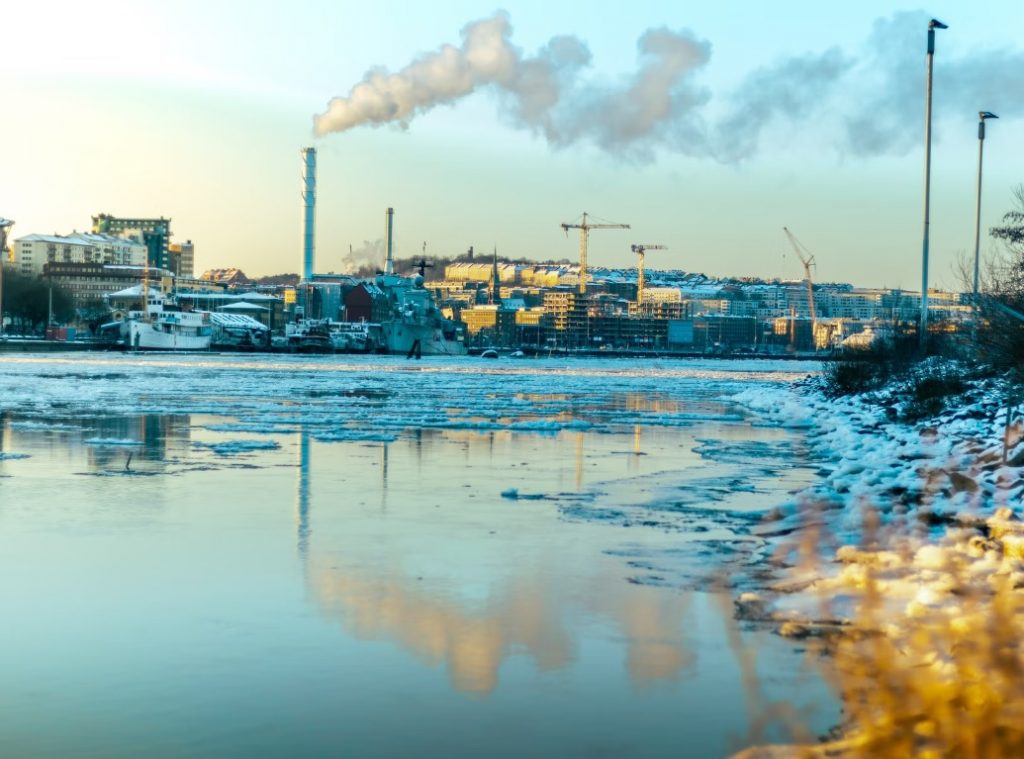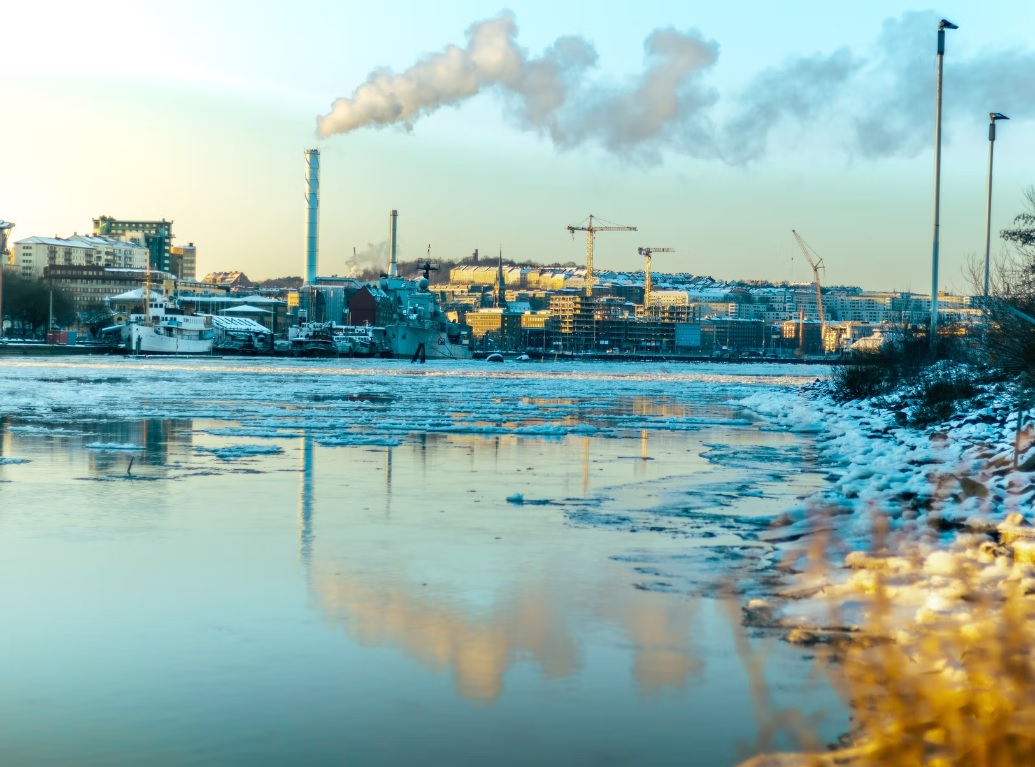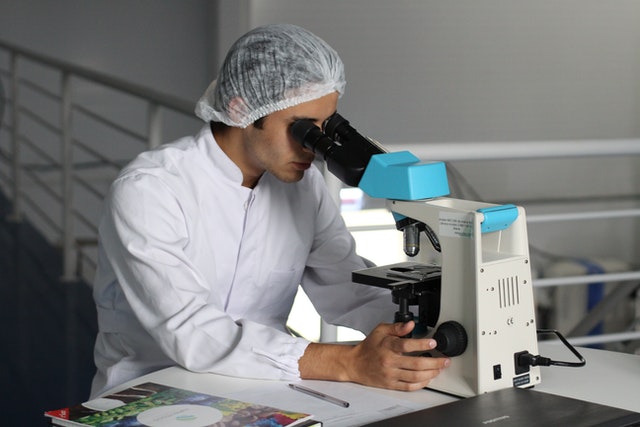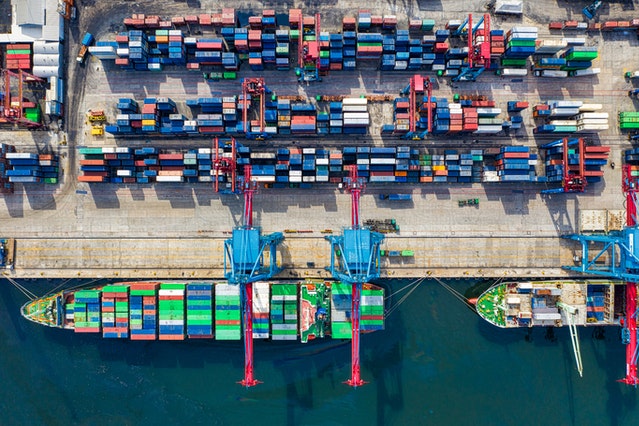
Water is essential to human survival. In fact, our bodies are made up of roughly 67% water. So, it shouldn’t be a surprise that many injuries and illnesses can be caused or aggravated by contaminated water. This article discusses how polluted water can affect human health in many ways.
What Is Water Contamination?
Water contamination refers to the presence of harmful substances in water. These substances can come from various sources, including agricultural runoff, sewage effluent, and industrial discharge. Contaminants can also enter the water through natural processes like leaching from soil or rock.
Once in the water, contaminants can impact human health, depending on their size, toxicity, and concentration. Some pollutants, such as viruses and bacteria, can cause infections or disease. Others, such as metals and chemicals, can cause poisoning or other health problems.
Contaminants can also make water unsuitable for irrigation or other uses in some cases. Water contamination is a major environmental issue, and it is essential to take steps to protect our water resources from pollution.
How Does Water Get Contaminated?
There are many sources of water contamination, such as:
- Leaking fuel tanks spilling chemicals like gasoline, diesel, and aviation fuel into the ground
- Underground storage tanks leaking petroleum products such as gasoline, diesel, and kerosene
- Naturally occurring chemicals and minerals like arsenic, radon, or uranium
- Local land-use practices, such as fertilizers, pesticides, and concentrated feeding operations (CAFOs)
- Manufacturing processes
- Wastewater released from factories
- Septic systems
- Sewer overflows from pipes carrying waste from homes to treatment plants when those facilities are overloaded during storms or other emergencies
- Spills by tanker trucks transporting oil products through urban areas where they could easily contaminate an entire section of the road if not cleaned up quickly enough after spilling their contents onto it
What Are the Dangers of Drinking Contaminated Water?
When water becomes contaminated with certain harmful chemicals or bacteria, it can pose a severe threat to public health. According to the World Health Organization, around five million people die each year from diseases caused by contaminated water, such as cholera and dysentery. Furthermore, polluted water can also lead to outbreaks of more severe illnesses, such as hepatitis A and typhoid fever.
In addition to causing potentially deadly infections, contaminated water can also lead to other health problems, such as gastrointestinal illness and skin rashes. While most developed countries have extensive systems to ensure that tap water is safe to drink, it is still essential to be aware of the potential dangers of consuming contaminated water.
A recent example of how dangerous polluted water can be has been playing out in North Carolina for the past few decades. The water contamination at Camp Lejeune has been linked to severe health issues experienced by those stationed there during the 1980s, including cancer and neurobehavioral disorders.
Over a million veterans, family members, and workers stationed at the camp were at the risk of the water contamination at Camp Lejeune. Health risks experienced by these people included:
- Bladder cancer
- Breast cancer
- Cervical cancer
- Lung cancer
- Multiple Myeloma, etc.
Since these veterans and family members were exposed to contaminated water, they are eligible to file a lawsuit to get compensation for their damage. Hence, if you or a loved one was at Camp Lejeune between 1953 and 1957 and is experiencing health issues, you can file a Camp Lejeune Water Contamination lawsuit.
The most common health problems related to water contamination include:
Cancer
Cancer is a disease caused by abnormal cell growth. It is not contagious and does not spread from one person to another like a cold or the flu, but there are ways that you can increase your risk of cancer.
Cancer causes more than one-quarter of all deaths in the United States every year. According to statistics, around 39.5% of adults are diagnosed with cancer once in their lifetime. The most common types of cancer include lung, breast, colon/rectum, prostate, and pancreas cancers.
Diarrhea
Diarrhea is a common symptom of water contamination. When water is contaminated with bacteria, viruses, or parasites, it can cause an infection that leads to diarrhea. In some cases, water contamination can also cause chemical toxicity, leading to diarrhea. Diarrhea is a serious problem because it can lead to dehydration and death. In addition, it can also spread diseases such as cholera and dysentery.
It is important to drink only clean water and cook food thoroughly to prevent diarrhea due to water contamination. It is also essential to wash hands thoroughly after using the toilet and before preparing food. If you are traveling in an area where water quality is uncertain, it is best to drink bottled water or boiled water.
Fetal Health Risks
The growing research suggests that fetal exposure to toxic chemicals can result in congenital disabilities and adverse pregnancy outcomes, including miscarriage, stillbirth, low birth weight, and premature birth.
Learning Disabilities and Developmental Disorders in Children
Learning disabilities and developmental disorders are also linked to the consumption of contaminated water. A study conducted in 2014 showed that children exposed to polluted water have a higher chance of developing learning disabilities and developmental disorders, such as autism spectrum disorder (ASD).
These conditions can make it difficult for people to communicate effectively with others or perform even simple tasks. The study also found that children exposed to high lead levels were more likely than their peers to experience attention-deficit hyperactivity disorder (ADHD).
How to Reduce Water Contamination
Water contamination can come from various sources, both natural and man-made. Hence, it is essential first to understand its causes to reduce water contamination. Once we know the source, we can act accordingly to reduce water pollution.
But that does not mean that we cannot do anything without knowing the primary reason behind the contamination. There are many ways to reduce water contamination. Improving sewage treatment and properly disposing of hazardous waste are two key steps.
Agricultural best management practices, such as using cover crops and buffer zones, can also help to reduce water contamination. Finally, raising public awareness about these issues is essential for finding long-term solutions.
Conclusion
Contaminated water can have a devastating impact on our health. Hence, it is essential to act soon and reduce water pollution. As mentioned earlier, we can take several measures to ensure that the water around us is not contaminated and everyone gets access to clean and healthy drinking water.




